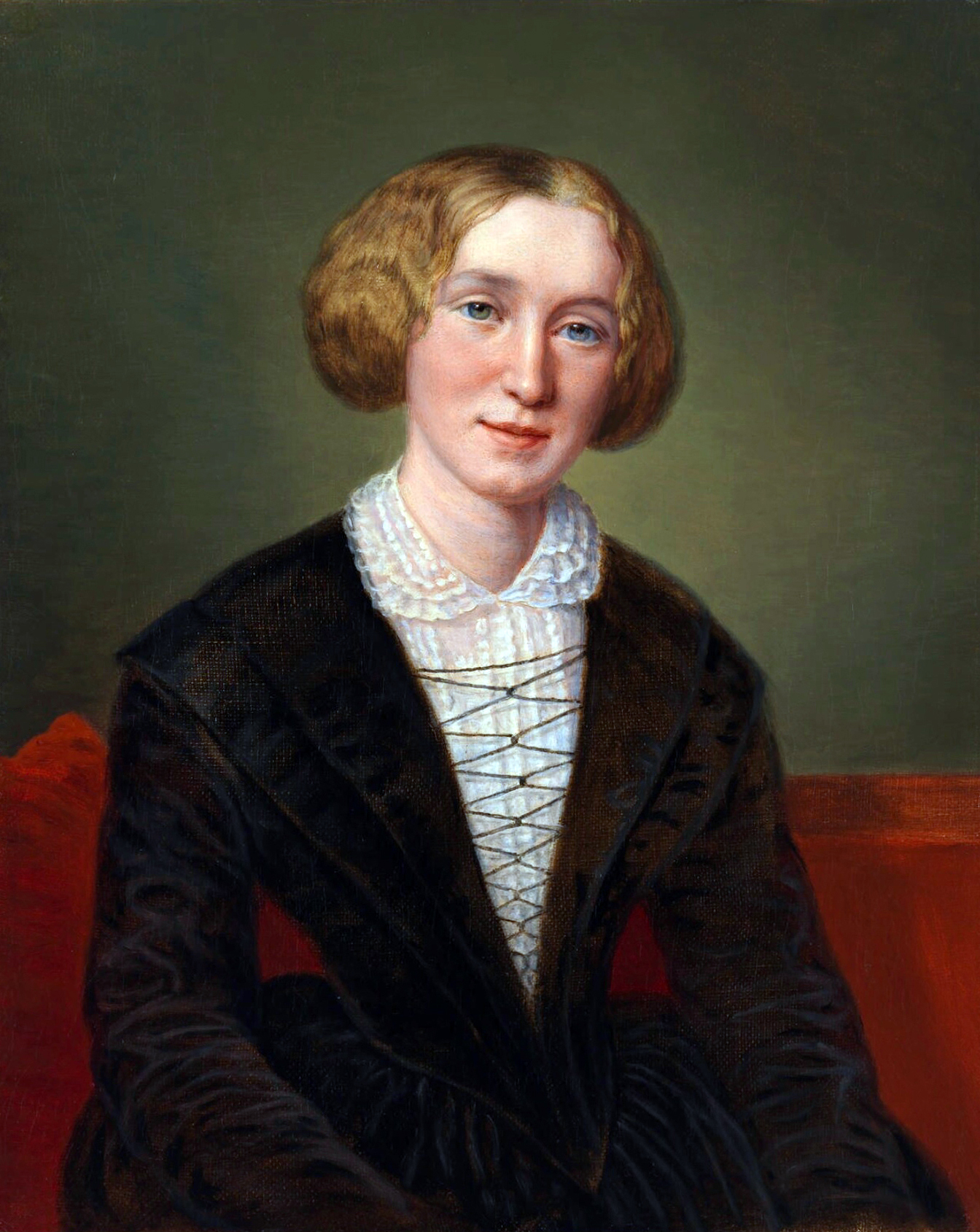George Eliot frasi celebri
“Un’intelligenza perfettamente sana è sempre un po’ spaesata in questo pazzo mondo.”
The Mill on the Floss
“Gli animali sono amici così piacevoli: non fanno domande, non criticano.”
Origine: Da Scenes Of Clerical Life, VII
Origine: Citato in Dizionario delle citazioni, a cura di Italo Sordi, BUR, 1992. ISBN 14603-X
“Affidiamo la gente alla misericordia di Dio, ma noi non ne dimostriamo alcuna.”
Origine: [pagina? edizione?]
“Dio è inconcepibile, l'immortalità incredibile, ma il dovere è perentorio e assoluto.”
Origine: Da La donna del tenente francese.
George Eliot Frasi e Citazioni
“In ogni separazione c'è un'immagine della morte.”
Origine: Da Scenes Of Clerical Life, X; citato in Dizionario delle citazioni, a cura di Ettore Barelli e Sergio Pennacchietti, BUR, 2013.
Middlemarch
Middlemarch
Middlemarch
Middlemarch
Middlemarch
cap. 10, p. 91
Silas Marner
cap. 3, pp. 37–38
Silas Marner
George Eliot: Frasi in inglese
Origine: Silas Marner: The Weaver of Raveloe (1861), Chapter 14, end of (at page 131)
Introductory chapter (at page 11-12 – page numbers per the 'Wordsworth Classics' edition 1997.)
Felix Holt, the Radical (1866)
“If art does not enlarge men's sympathies, it does nothing morally.”
Letter to Charles Bray (5 July 1859)
Origine: Silas Marner: The Weaver of Raveloe (1861), Chapter 3 (at page 28)
“Who can prove
Wit to be witty when with deeper ground
Dulness intuitive declares wit dull?”
A College Breakfast-party, reported in Bartlett's Familiar Quotations, 10th ed. (1919)
Scenes of Clerical Life (1858)
"The Sad Fortunes of the Rev. Amos Barton" Ch. 5
Scenes of Clerical Life (1858)
“Come in, Adam, and rest; it has been a hard day for thee.”
Adam Bede (1859)
Origine: Felix Holt, the Radical (1866), Chapter 25 (at page 210)
“There's folks as make bad butter and trusten to the salt t' hide it.”
Mrs Poyser
Adam Bede (1859)
Book 1
The Spanish Gypsy (1868)
“An ass may bray a good while before he shakes the stars down.”
Volume III, Chapter IV
Romola (1863)
The face bent over him like silver night
In long-remembered summers; that calm light
Of days which shine in firmaments of thought,
That past unchangeable, from change still wrought.
The Legend of Jubal (1869)
O May I Join the Choir Invisible (1867)
O May I Join the Choir Invisible (1867)
“The happiest women, like the happiest nations, have no history.”
Book VI, ch. iii
The Mill on the Floss (1860)
